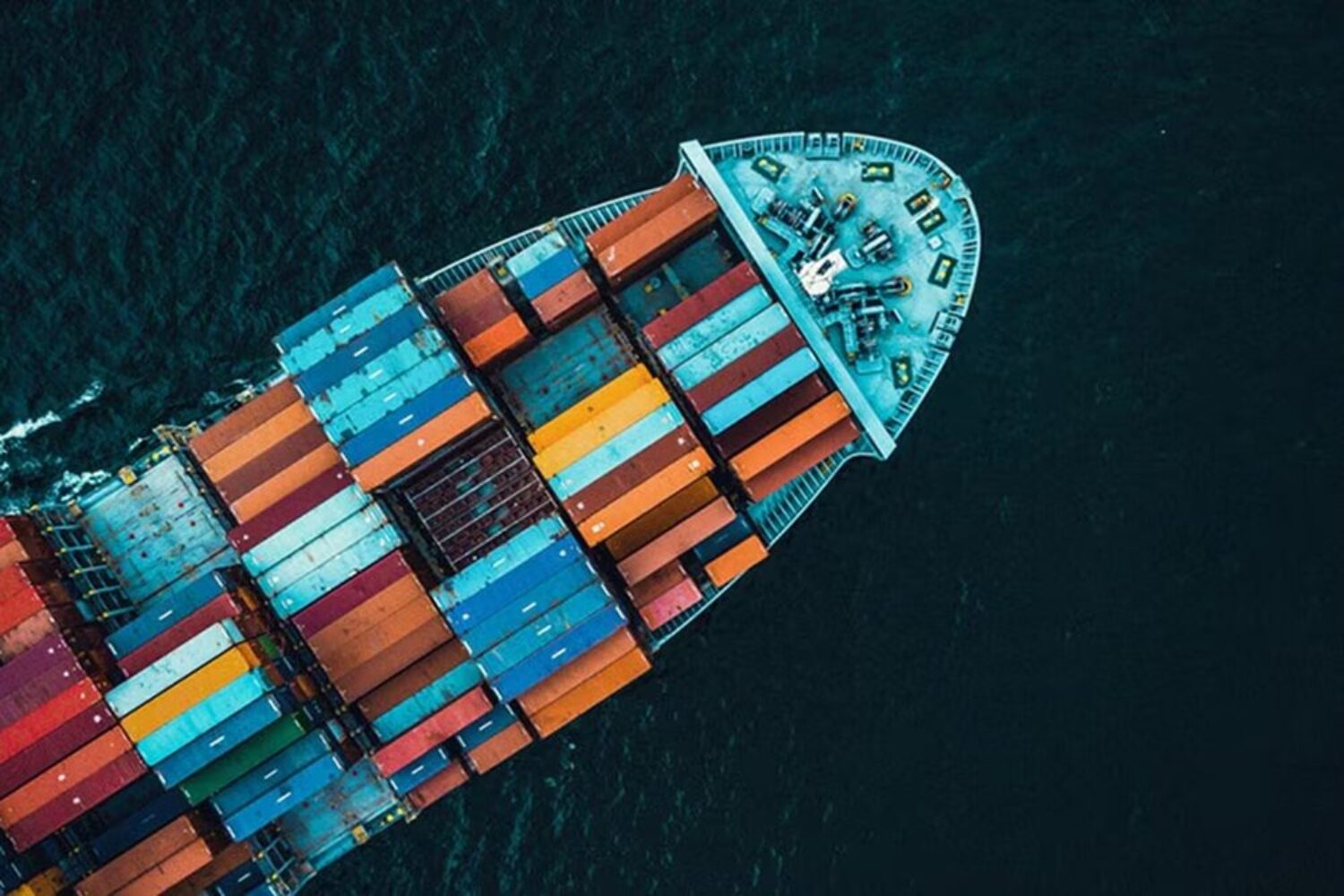In a large-scale refit program, the second-largest container liner shipping company Maersk plans to cooperate with ship owners to make 200 charter ships more efficient.
According to A.P. Moller-Maersk, 50 different shipowners are involved. The main aim of the program is to reduce slot costs by improving fuel efficiency and cargo capacity, which should lead to a reduction in both costs and greenhouse gas emissions.
Maersk operates a fleet of 735 ships, 40% of which are charter vessels, according to industry service Alphaliner. “Our medium and long-term chartered fleet accounts for a significant part of our operations as well as our overall fuel consumption. By working closely with our partners, we aim to implement solutions that not only reduce emissions but also improve the overall competitiveness of our fleet,” said Ahmed Hassan, Head of Asset Strategy and Strategic Partnerships at Maersk.
The shipping company has set itself the goal of reducing its Scope 1 greenhouse gas emissions by 35% by 2030 compared to the base year 2022. While the switch to other fuels is necessary to achieve the long-term goal of net-zero emissions by 2040, the Danes believe that investing in technologies to increase the efficiency of the existing fleet is an effective way to achieve significant emission reductions in the short term.
Partnership with ship owners
In total, Maersk and its time charter partners have planned more than 1,500 individual projects on 200 ships with 50 shipowners, and a further 1,000 projects are currently being implemented and should be completed by 2027. The investment costs for these solutions will be shared between Maersk and the shipowners, it says without specifying the investment volume.
“We have found from experience that this model is beneficial for all parties. At Maersk, we can reduce both emissions and fuel costs, while shipowners benefit from the long-term value of a modernized vessel. Fleet renewal is often seen as replacing old ships with new ones, but it is also about ensuring that the existing ships retain their competitiveness,” said Hassan. The project therefore involves very different vessels in terms of size and configuration, which also means that the retrofitting tools used vary.
A common change to the ship configuration is the replacement of the propeller or the bulbous bow. The integration of an optimally designed bulbous bow changes the water flow around the hull to reduce drag and improve hydrodynamic efficiency – which should ultimately lead to lower fuel consumption. In addition, the replacement of the propellers in combination with pre-swirl devices plays a crucial role in maximizing thrust while minimizing energy loss.
Many of these ships were designed and built at a time when container ships generally traveled at higher speeds. To reduce fuel consumption, less compressed ship schedules were introduced over the years, but the propellers and bulbs optimized for higher speeds were retained. There is great potential for efficiency in their replacement, explained Anda Cristescu, Head of Chartering & Newbuilding at Maersk. Other retrofit solutions such as waste heat recovery systems for auxiliary engines are intended to enable steam generation from the heat of the auxiliary engines. Similarly, the installation of shaft power generator systems will reduce the use of auxiliary engines and thus contribute to significant fuel savings.
The loading capacity is also to be increased through a series of structural and technical improvements: Raising the wheelhouse to improve visibility and increase the loading length, raising the lashing bridges, strengthening the vessel’s carrying capacity for deeper drafts and modernizing both the lashing systems and the loading computer functions.













